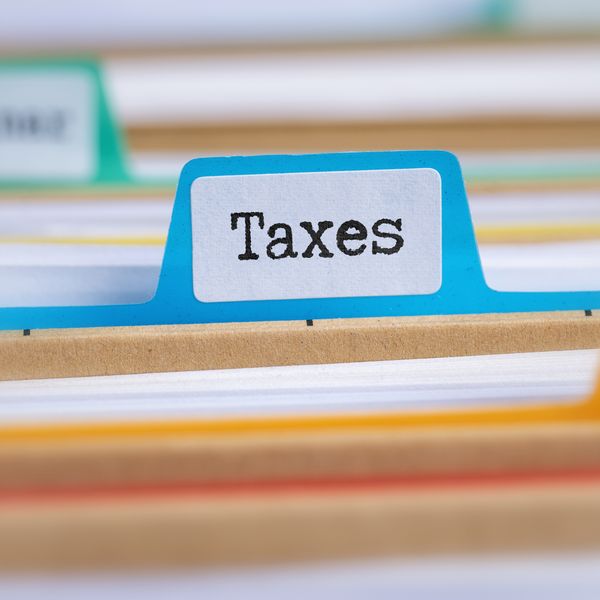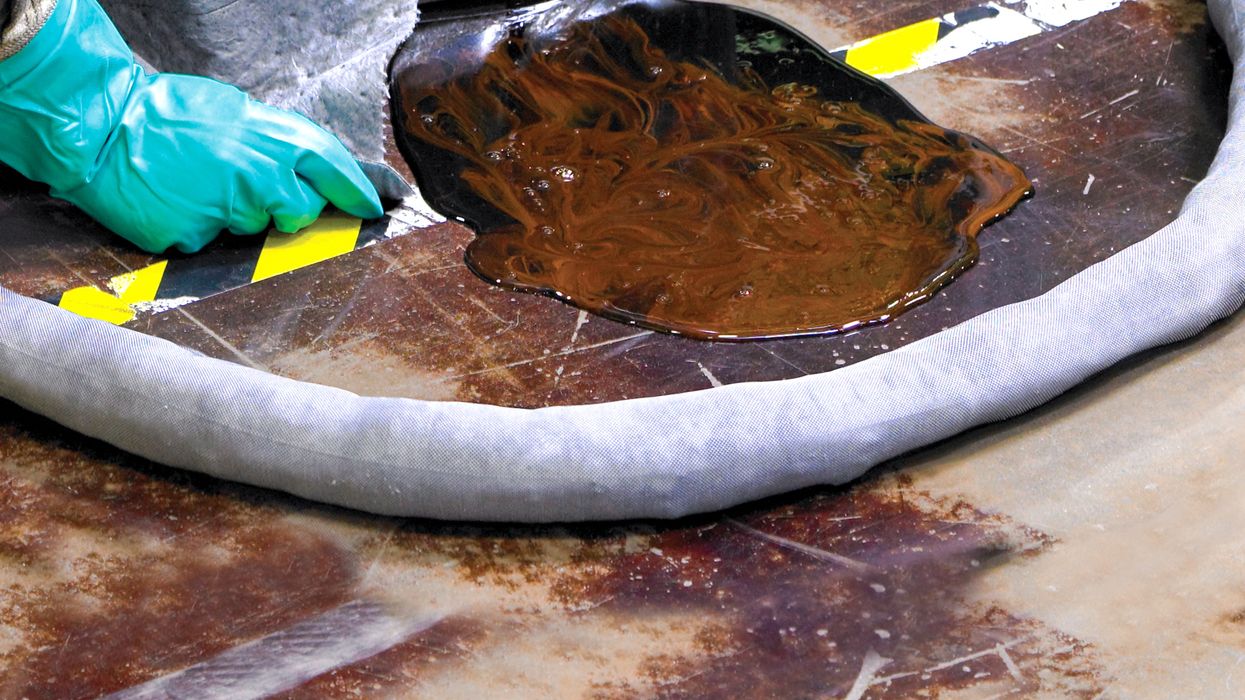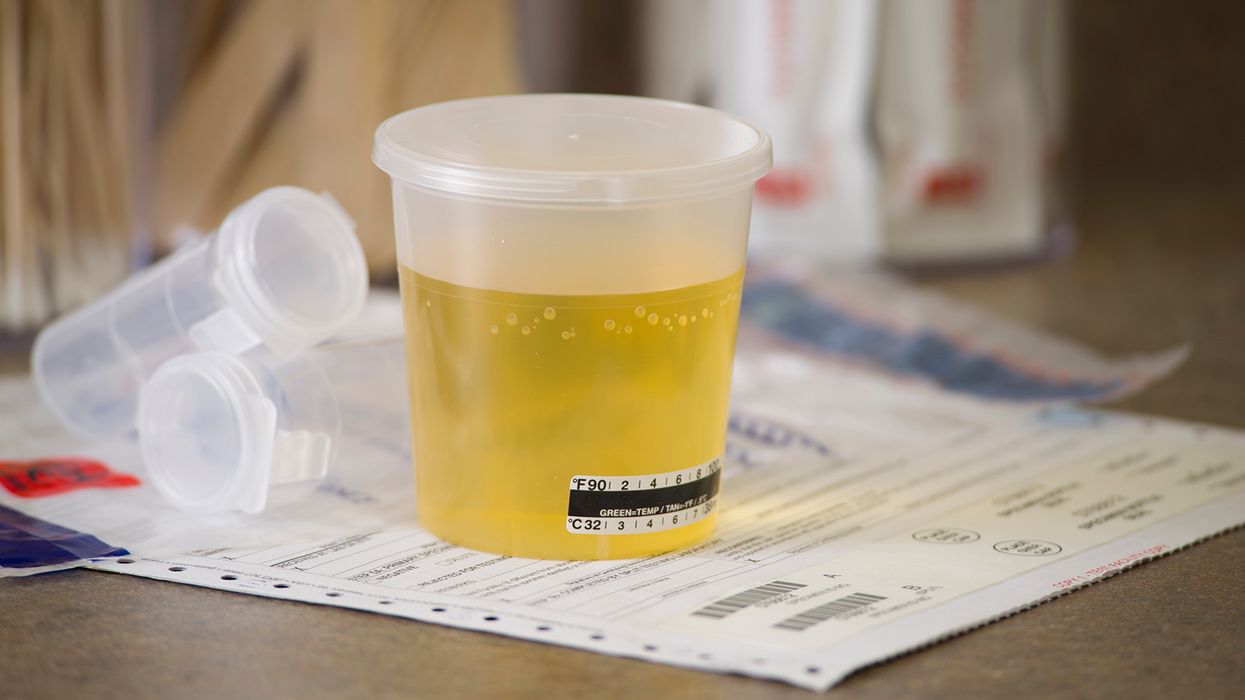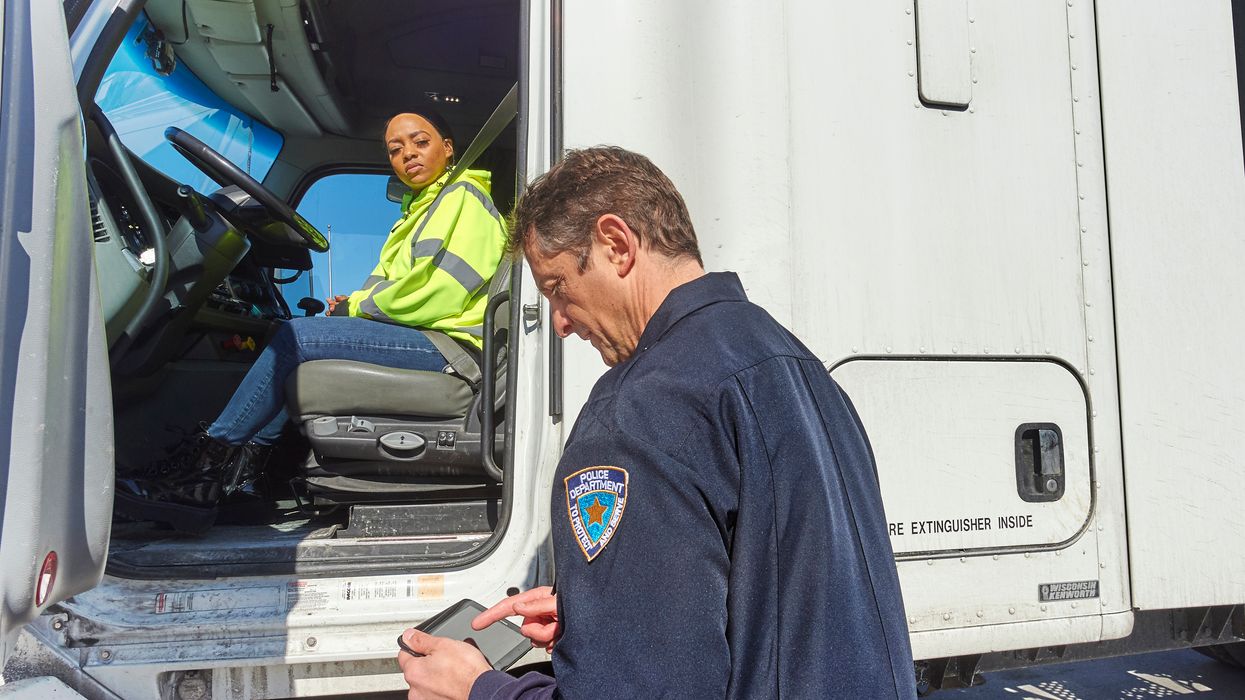Superfund taxes take effect July 1
Superfund taxes of “taxable chemicals” and “taxable substances” are effective beginning July 1, 2022. The first deposit of IRS Superfund taxes, covering the first 15 days of July 2022, is due by July 29, 2022. The taxes are required under 26 U.S.C. 4611 to 4672, and procedural rules for filing, deposits, etc. are found at 26 CFR 40.
Section 4661 imposes a tax on any “taxable chemical” sold by the manufacturer, producer, or importer. The section also lists 42 taxable chemicals and tax amounts. Note that the next section, section 4662, offers exemptions.
Section 4671 imposes a tax on any “taxable substance” sold or used by the importer and discusses the taxable amount. Taxable substances include:
- 50 initial taxable substances listed at section 4672;
- Substances in which taxable chemicals constitute more than 20 percent of the weight or value of the materials used to produce such a substance; and
- Another 101 taxable substances listed in IRS Notice 2021-66, discussed below.
IRS notices
Covered entities will find good information not only in the revised U.S. Code but also in the following guidance documents:
- IRS Notice 2021-66: Superfund; Initial List of Taxable Substances; Registration; Procedural Rules; Request for Comments; Suspension of Notice 89-61; and
- IRS Notice 2022-15: Temporary Relief from Penalty for Failure to Deposit Superfund Chemical Taxes.
According to IRS Notice 2021-66, if you are subject to the reinstated Superfund taxes, you must report these taxes on Form 6627, Environmental Taxes, which is attached to Form 720, Quarterly Federal Excise Tax Return. To register for certain exceptions, an application for registration must be made on Form 637 under Activity Letter G.
The IRS also recently issued Notice 2022-15 to offer temporary penalty relief (through the third quarter of 2023) for those who fail to deposit the Superfund taxes as required for taxable chemicals under section 4661 and certain imported substances under section 4671, but only if certain requirements are met.
It is our understanding that the IRS has yet to post guidance on the tax rate for the 101 listed taxable substances.
Background
The Comprehensive Environmental Response, Compensation, and Liability Act of 1980 (CERCLA) authorizes EPA to compel responsible parties to clean up contaminated sites and allows the agency to conduct cleanups and then seek reimbursement from the responsible parties. In some cases, however, parties cannot be identified or may be unwilling or financially unable to perform the cleanup.
In these cases, EPA can assume responsibility for site cleanup. To fund program activities, CERCLA established a trust fund (also known as the Superfund), financed primarily by taxes. While these taxes expired in 1995, they were reimposed on certain chemicals and substances last year as directed by section 80201 of the Infrastructure Investment and Jobs Act, with several modifications, effective July 1, 2022. These taxes will continue until December 31, 2031, unless extended by Congress.
















































